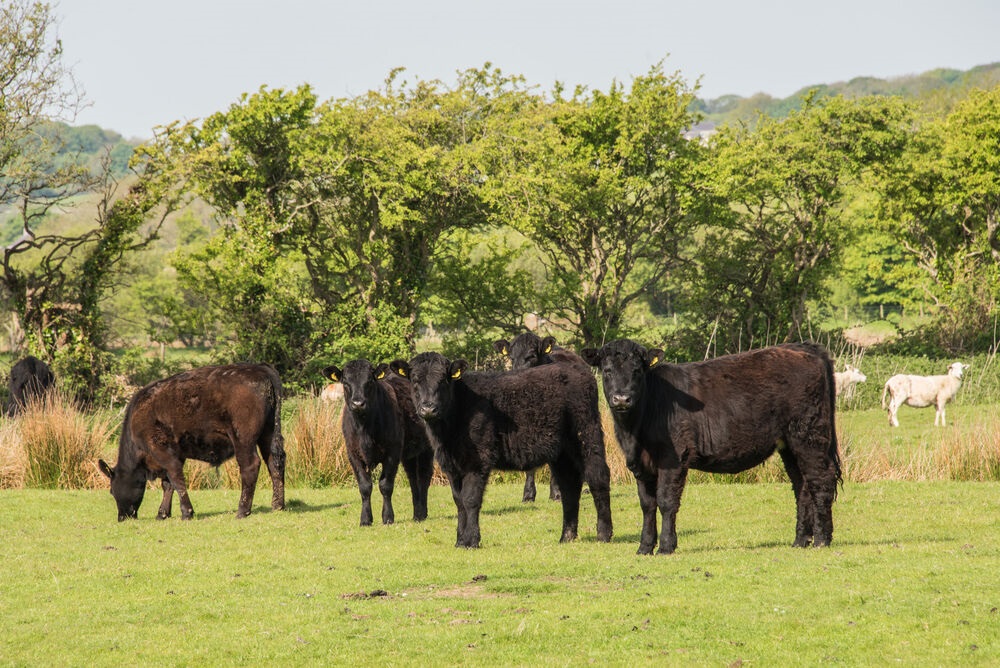Shortage of calves threatens Wales’ beef industry

The future stability of the Welsh beef industry could be in jeopardy after new data revealed a serious decline in the number of calves.
There were 213,200 calf birth registrations in Wales during the first six months of 2024, a fall of over 10,000 calves year-on-year and down four per cent compared to last year.
British Cattle Movement Service (BCMS) data reveals the number of calves that could be available for beef production has fallen to 173,600, its lowest level in several years.
Glesni Phillips, Hybu Cig Cymru-Meat Promotion Wales (HCC) Intelligence, Analysis & Business Insight Executive said: “This marks the lowest number of half-year calf registrations recorded in Wales in several years, well below the peak of nearly 230,000 head in 2021.”
She added: “This decline also mirrors trends across the rest of Britain, with English registrations also four per cent down and Scottish two per cent down.
“As cattle numbers in key age brackets fall, there are serious concerns around the critical mass needed to promote and maintain industry stability, which presents an overall concerning outlook for beef production.”
“Although some of the beef females will be retained as suckler replacements in the herd, this figure is four per cent lower- that’s 7,400 head- than the number available during the first half of 2023 and it’s likely to have significant implications for the future of beef supply in Wales.”
Decline
Female dairy calf registrations in Wales between January and June decreased by six per cent compared to the same period in 2023. Male dairy calf numbers were down by 14 per cent, resulting in an overall decline of eight per cent, or nearly 5,100 head in the number of dairy calf registrations.
Beef calf registrations were down three per cent -or 4,600 head- to nearly 158,100 head in this half-year period, some two per cent lower than 2022 and the lowest figure since 2019.
Ms Phillips said: “Both beef female and male calf registrations saw similar year-on-year declines of three per cent, while the gender distribution remained relatively stable.
“Beef registrations made up 74 per cent of total calf registrations in Wales, up from 70 per cent in 2021. This shift in the balance between dairy and beef within the Welsh herd could change the future supply of beef if this trend continues.”
Support our Nation today
For the price of a cup of coffee a month you can help us create an independent, not-for-profit, national news service for the people of Wales, by the people of Wales.






I like a bit of beef but can’t see that a c.5% drop in output is altogether harmful. It may be a sign that farmers are looking to look beyond traditional core business, even other livestock, or turning land over to crops perhaps a few trees to keep the mandarins in the Bay happy. Just don’t let good productive land be turned over to solar or wind turbines. Let those be placed on marginal ground or in the cities that use most of the juice.